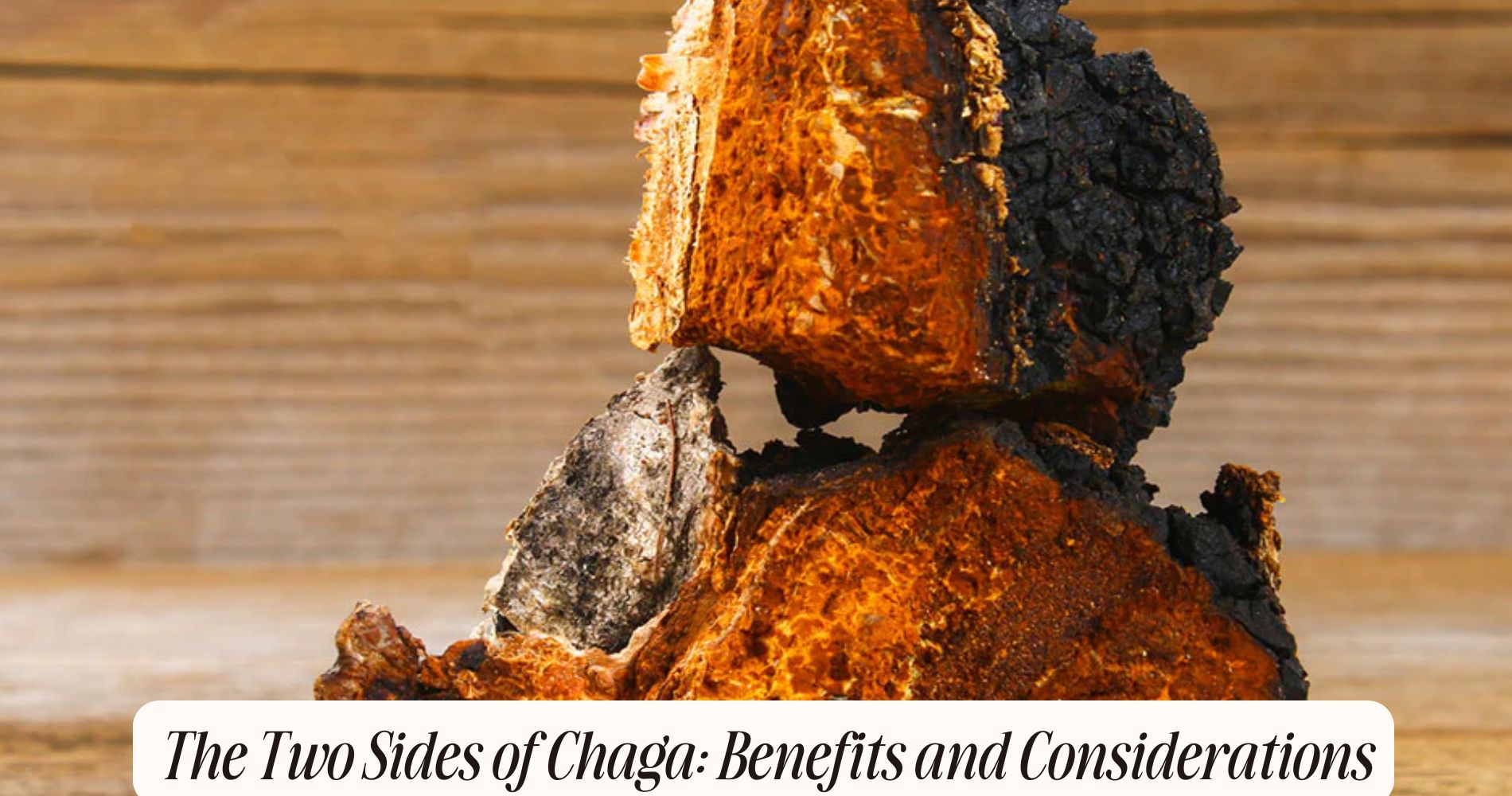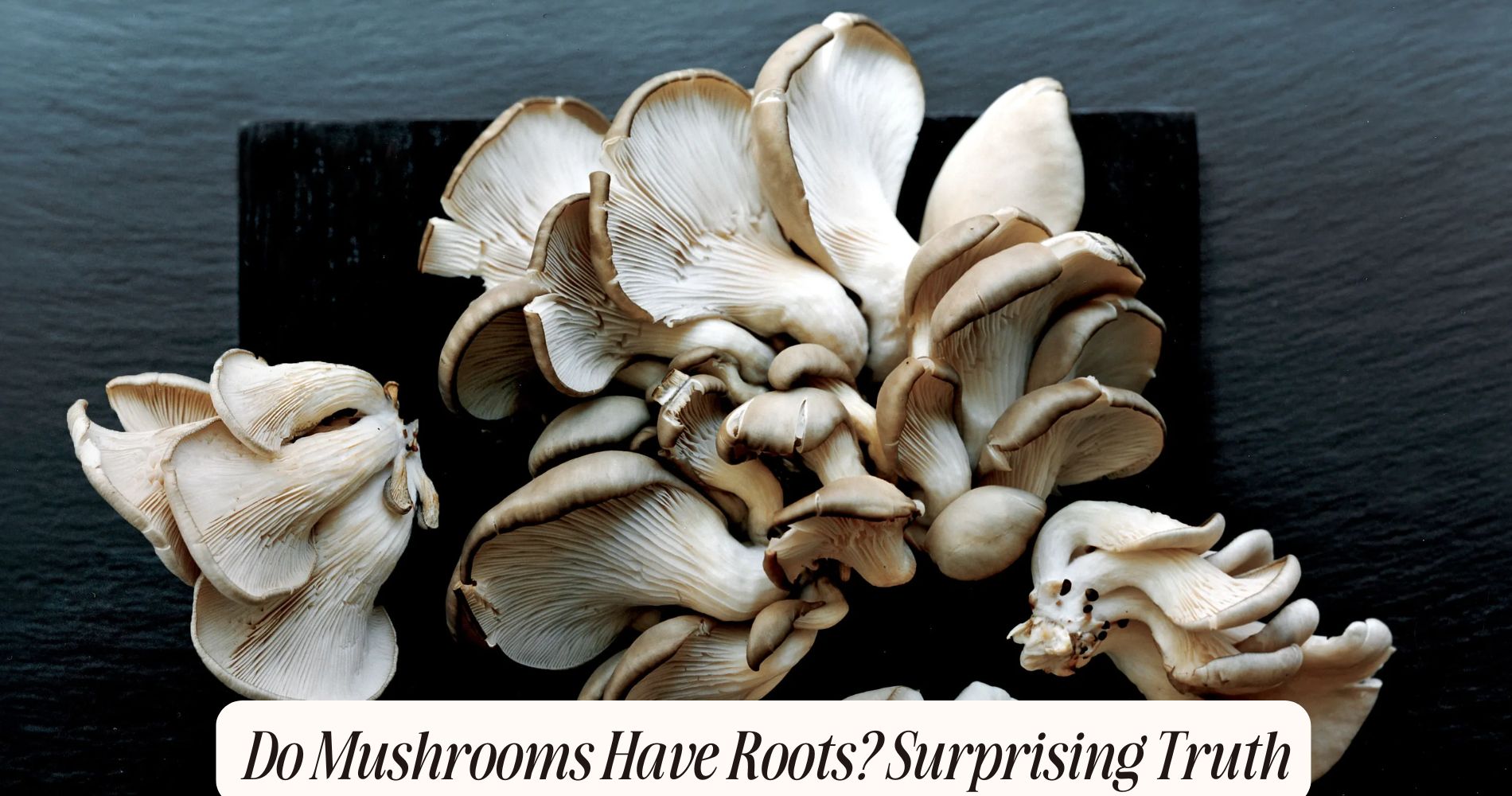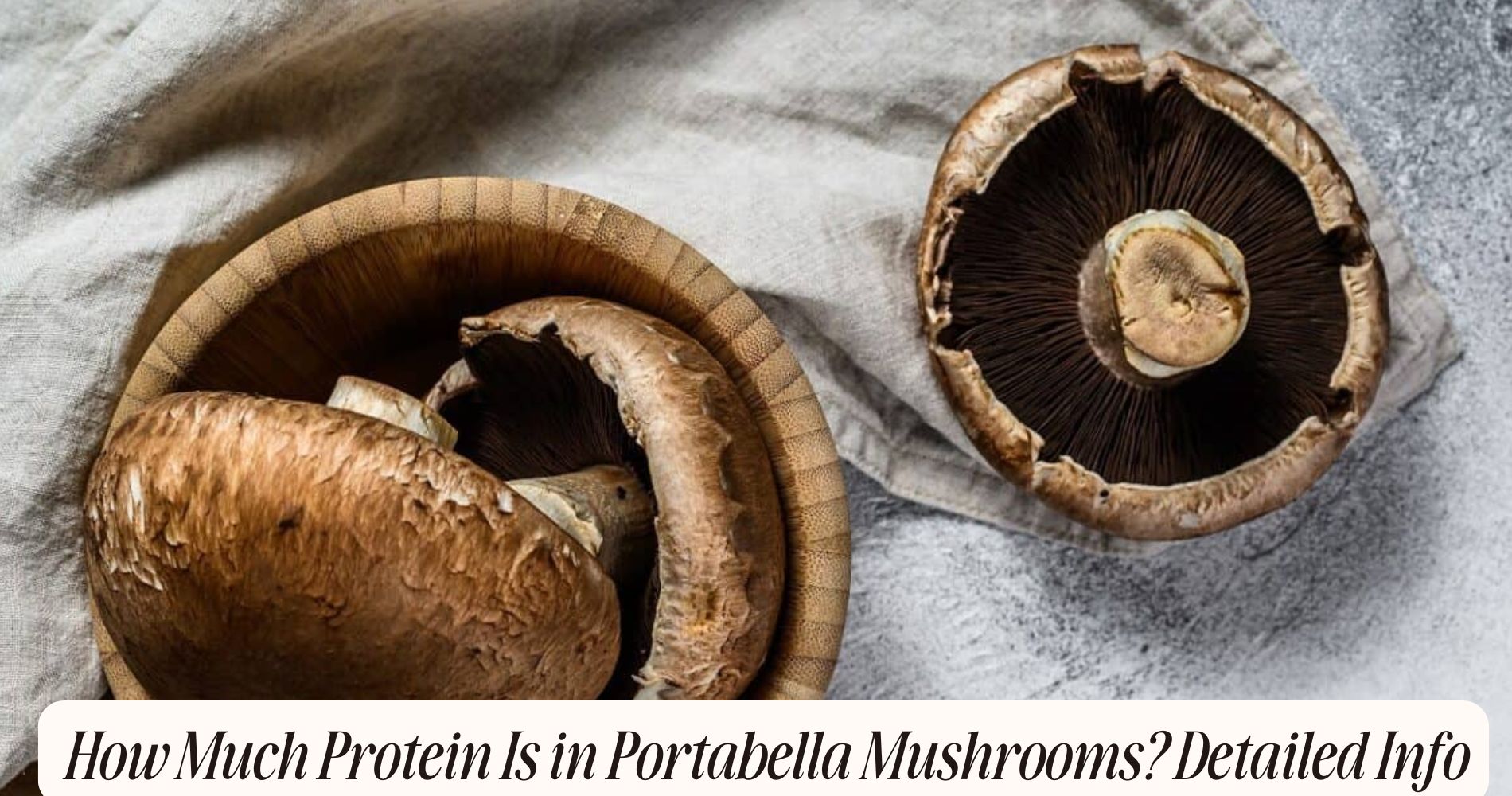
The Two Sides of Chaga: Benefits and Considerations
Overview of Chaga
Chaga, a unique fungal growth found primarily on birch trees, has gained popularity for its potential health benefits. However, understanding its history and ecology is essential before diving into its uses.
Chaga has been utilized for centuries, particularly in traditional medicine among various cultures, including the indigenous peoples of Siberia. They recognized its value not only as a medicinal substance but also as a crucial part of their ecosystem.
Ecologically, chaga thrives in cold climates, typically in northern regions. It forms on living birch trees, feeding off the tree's nutrients while causing minimal harm.
This relationship showcases a fascinating aspect of nature, where chaga acts as a parasite, yet it's also a sign of a healthy birch forest. The presence of chaga can indicate the overall health of the ecosystem, as it relies on specific environmental conditions to flourish.
Health Benefits of Chaga
Known for its rich antioxidant properties, this unique fungus offers a variety of health benefits that are gaining attention in wellness circles. You might find that chaga supports immune function, helps reduce inflammation, and may even aid in blood sugar regulation.
Research suggests that its bioactive compounds, such as polysaccharides and triterpenes, play a role in these potential benefits.

When you consider incorporating chaga into your routine, be aware of the various chaga extraction methods. These methods can affect the potency and bioavailability of its beneficial compounds. Hot water extraction and alcohol extraction are common techniques, each yielding different health benefits, so choose wisely based on your needs.
Moreover, chaga sustainability is an important aspect to think about. Overharvesting can threaten chaga populations, so look for brands that prioritize sustainable sourcing practices.
Antioxidant Properties
While you might be familiar with the term "antioxidant," understanding the specific antioxidant properties of chaga can enhance your appreciation for this remarkable fungus. Chaga is packed with a variety of antioxidants, including polyphenols and melanins, which contribute to its cellular protection capabilities.
These compounds work through different antioxidant mechanisms, such as scavenging free radicals and reducing oxidative stress in your body.
Oxidative stress is linked to numerous chronic diseases, so the protective effects of chaga's antioxidants can be particularly beneficial. By neutralizing harmful free radicals, chaga helps maintain the integrity of your cells and supports overall health.
Research indicates that the high concentration of antioxidants found in chaga can bolster your body's defense against cellular damage, potentially lowering the risk of age-related conditions.
Incorporating chaga into your diet may provide a natural way to enhance your antioxidant intake. Whether you choose to enjoy it as a tea or in supplement form, understanding these antioxidant properties can help you make informed choices about your health.
Immune System Support
Many people seek natural ways to bolster their immune system, and chaga may offer some compelling benefits in this area. Research suggests that chaga mushrooms can enhance your immune response, making it a popular choice among natural remedies. The polysaccharides found in chaga are believed to stimulate the production of immune cells, such as macrophages and natural killer cells, which play crucial roles in defending your body against pathogens.

Additionally, chaga contains beta-glucans, which have been shown to modulate immune functions. These compounds help your body recognize and fight off infections more effectively. Studies indicate that regular consumption of chaga mightn't only support immune health but also reduce inflammation, contributing to overall wellness.
While the evidence surrounding chaga's immune-boosting properties is promising, it's important to approach it as one part of a thorough health strategy. Incorporating a balanced diet, regular exercise, and other lifestyle factors will further enhance your immune system.
Potential Side Effects
While Chaga offers various health benefits, it's important to be aware of potential side effects.
Some people may experience allergic reactions, blood thinning effects, or gastrointestinal disturbances.
Monitoring your body's response can help you enjoy the benefits while minimizing risks.
Allergic Reactions Risks
When considering the use of chaga mushrooms as a supplement, it's important to be aware of potential allergic reactions. While chaga is generally safe for many people, chaga allergies can occur in some individuals. If you're new to chaga, start with a small dose to see how your body reacts.
Allergic symptoms can vary widely, ranging from mild to severe. Common symptoms may include skin rashes, itching, or gastrointestinal discomfort.
In rare cases, you might experience more serious reactions, such as difficulty breathing or swelling of the face and throat. If you notice any of these symptoms after consuming chaga, it's essential to stop using the supplement immediately and consult a healthcare professional.
Research on chaga allergies is still limited, but anecdotal evidence suggests that those with existing mushroom allergies may be more susceptible to chaga.
Always discuss with your doctor before adding new supplements to your regimen, especially if you have a history of allergies. By being cautious and informed, you can enjoy the potential benefits of chaga while minimizing the risks associated with allergic reactions.
Blood Thinning Effects
Chaga mushrooms may have blood-thinning effects that you should consider, especially if you're taking other anticoagulant medications. Research indicates that chaga can enhance the effects of these medications, potentially increasing your risk of bleeding. If you're on blood thinners, it's important to consult your healthcare provider before adding chaga to your routine.

When it comes to chaga sourcing, be mindful of where you're obtaining your mushrooms. Sustainable harvesting practices are significant for maintaining healthy ecosystems, as overharvesting can damage forests and the species that depend on them.
Opt for products from reputable suppliers who prioritize chaga sustainability, ensuring that the mushrooms are harvested responsibly.
You should also be aware of your body's individual response to chaga. While many people benefit from its properties, the potential for blood-thinning effects means that you should monitor any changes in your health closely.
If you notice unusual bruising or prolonged bleeding, it's best to seek medical advice. Balancing the benefits and risks of chaga is fundamental, especially when considering its interactions with other medications.
Always prioritize your health and safety by staying informed and cautious.
Gastrointestinal Disturbances
Gastrointestinal disturbances can arise as potential side effects when incorporating chaga into your diet. While chaga is often praised for its benefits to digestive health, some people may experience discomfort after consumption. This can include symptoms like bloating, gas, or diarrhea, which may be linked to how chaga interacts with your gut microbiome.
Your gut microbiome plays a significant role in digestion, and introducing chaga might alter its balance. Some studies suggest that chaga can support beneficial bacteria, but the sudden addition of a new substance can sometimes lead to temporary disturbances.
If your digestive system is sensitive, you might want to start with smaller doses of chaga and gradually increase them. This approach allows your body to adapt without overwhelming your gut.
It's important to listen to your body and consult a healthcare professional if you experience persistent gastrointestinal issues after consuming chaga. This way, you can guarantee that your journey towards improved digestive health remains positive and beneficial.
Drug Interactions
When considering Chaga as a supplement, you should be aware of its potential interactions with medications, particularly those affecting blood clotting.
Research suggests that Chaga may have anticoagulant effects, which could enhance the impact of blood thinners.
Additionally, its ability to influence blood sugar levels and modulate the immune system warrants caution if you're taking related medications.
Potential Anticoagulant Effects
Exploring the potential anticoagulant effects of Chaga can uncover important considerations for those on blood-thinning medications. While Chaga is celebrated for its health benefits, it's vital to understand how its compounds might interact with anticoagulant mechanisms in the body. Research indicates that certain bioactive compounds in Chaga, like polysaccharides and triterpenes, may influence blood coagulation.
If you're taking medications such as warfarin or aspirin, you need to be cautious. These blood-thinners work by inhibiting clot formation, and Chaga's anticoagulant properties could potentially enhance their effects, leading to an increased risk of bleeding.

It's important to monitor your health closely and communicate with your healthcare provider if you're considering adding Chaga to your routine.
While some studies suggest Chaga might offer protective cardiovascular benefits, this dual role means you have to weigh the risks and benefits carefully. Before making any changes, consult with a healthcare professional who understands your unique health situation. They can help you navigate the complexities of Chaga's effects on blood coagulation and guarantee your safety while exploring this intriguing mushroom's benefits.
Blood Sugar Levels
While considering Chaga's potential anticoagulant effects, it's also important to look at how it might influence blood sugar levels. Research suggests that Chaga may have a beneficial impact on blood sugar regulation, which could be particularly relevant for those managing diabetes. Some studies indicate that compounds within Chaga can improve insulin sensitivity and decrease blood glucose levels, making it a potential ally in diabetes management.
However, if you're currently on medication for diabetes, you need to approach Chaga with caution. Since it may lower blood sugar levels, combining it with antidiabetic drugs could lead to hypoglycemia, or dangerously low blood sugar. This interaction emphasizes the importance of monitoring your levels closely if you decide to incorporate Chaga into your routine.
Before adding Chaga to your regimen, consult your healthcare provider, especially if you're already on medication for diabetes. They can help you assess your individual situation and guide you on safe usage.
Balancing natural remedies like Chaga with conventional medicine can be effective, but it requires careful planning and professional advice to guarantee your health remains a priority.
Immune System Modulation
Chaga's potential to modulate the immune system offers intriguing possibilities, but it's crucial to take into account how it interacts with other medications. Chaga research indicates that this mushroom can enhance immune function, which may lead to complications when combined with immunosuppressive drugs. If you're taking such medications, you should consult your healthcare provider before incorporating chaga preparations into your routine.
Historically, chaga has been cherished in various cultures for its health benefits, but myths surrounding its safety often cloud its true effects.
Chaga cultivation and sustainability practices are improving, ensuring a responsible sourcing approach that respects both the environment and traditional uses. However, the potency of chaga can vary based on its sourcing and preparation methods, impacting its potential interactions with drugs.
As you explore chaga's benefits, be mindful of how it might affect your health regimen. While chaga traditions celebrate its healing properties, the interplay between chaga and pharmaceuticals warrants caution.
Always prioritize safety by discussing any new supplements with your healthcare provider, ensuring you can enjoy chaga's potential without compromising your health.
Dosage Recommendations
Finding the right dosage of Chaga can greatly impact its effectiveness and your overall experience. It's vital to understand that Chaga comes in various dosage forms, including powders, teas, capsules, and extracts. Each form may have a different concentration of active compounds, so the dosage can vary accordingly.
For general wellness, a common recommendation is to start with about 1-2 teaspoons of Chaga powder daily or 500-1000 mg of a capsule or extract. If you're using it for specific health concerns, you might want to consult a healthcare professional to tailor the dosage to your needs.

Dosing frequency can also play a role in how well Chaga works for you. Many people find that taking Chaga consistently, such as once or twice a day, helps maintain its benefits over time.
However, it's important to listen to your body and adjust your intake based on how you feel. Keep in mind that while Chaga is generally safe, excessive consumption could lead to unwanted side effects. Starting with a moderate dose and gradually increasing it can help you find your best level.
Choosing Quality Chaga Products
Quality matters considerably when it comes to choosing Chaga products, as it can influence both effectiveness and safety.
When you're sourcing Chaga, look for products that are derived from sustainably harvested mushrooms. Ethical harvesting is essential for preserving the ecosystem and making certain that Chaga remains a viable resource for future generations.
Check for certifications or third-party testing, which can validate the purity and quality of the product. High-quality Chaga should ideally come from birch trees in cold climates, such as Siberia or Canada.
Pay attention to the extraction method as well; hot water extraction or alcohol extraction can enhance bioavailability, making the beneficial compounds more accessible for your body.
Additionally, scrutinize the ingredient list. Avoid products with fillers, artificial additives, or excessive sugars, as these can undermine the potential health benefits of Chaga.
Research brands that emphasize transparency and share their sourcing practices openly. By being diligent in your selection, you can make certain you're choosing quality Chaga products that align with your health goals while supporting sustainable practices.
Frequently Asked Questions
Can Chaga Be Consumed in Different Forms?
Yes, you can consume chaga in various forms. Enjoy chaga tea for a warm beverage, take chaga capsules for convenience, use chaga tincture for potent extracts, or incorporate chaga powder into smoothies and dishes.
Is Chaga Safe for Children and Pregnant Women?
Chaga's safety for children and pregnant women isn't well-established. You should consider chaga dosage guidelines and monitor for any chaga allergy concerns. Always consult a healthcare professional before introducing it to vulnerable populations.
How Long Does It Take to See Chaga's Benefits?
You'll notice chaga benefits within a few weeks to months, but individual response variability plays a significant role. Consistent use and overall health can influence your chaga benefits timeline, so patience is essential for ideal results.
Where Is the Best Place to Harvest Chaga?
To harvest chaga, focus on birch trees in cool, northern climates. Use sustainable harvesting techniques, ensuring you only take a portion of the fungus, allowing it to regenerate for future harvests and ecosystem health.
Can Chaga Be Grown at Home?
Yes, you can grow chaga at home using specific cultivation methods. For success, focus on the right tree species, maintain moisture, and follow home growing tips to create an ideal environment for chaga development.
Conclusion
Incorporating chaga into your wellness routine can offer impressive health benefits, from boosting your immune system to providing powerful antioxidants. However, it is crucial to be mindful of potential side effects and drug interactions. Always consult a healthcare professional before adding new supplements to your regimen. By choosing high-quality chaga products and following recommended dosages, you can enjoy its advantages while minimizing risks. Stay informed and make choices that best support your health journey.




